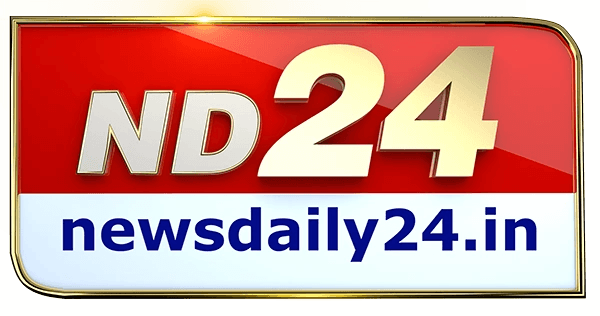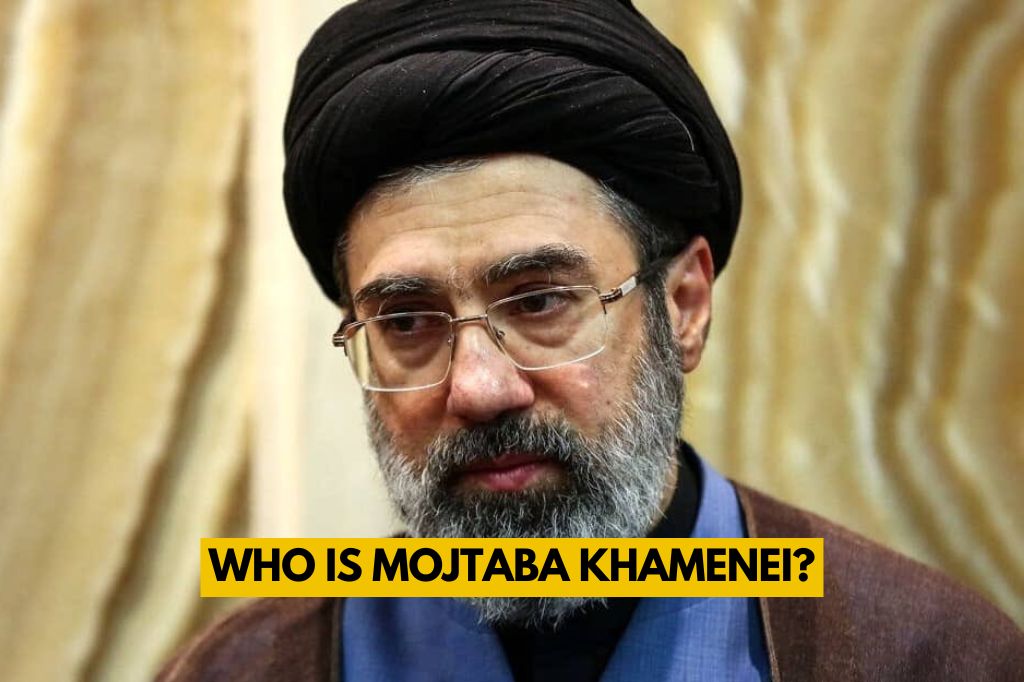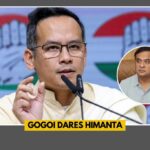Iran is facing a critical turning point as Supreme Leader Ayatollah Ali Khamenei has lost several key figures from his military and diplomatic ranks in recent Israeli strikes. The conflict between the two nations has already begun, with no clear signs of de-escalation.
Israeli Prime Minister Benjamin Netanyahu has issued stark warnings, even suggesting the possibility of Iran’s total destruction. In response, Ayatollah Khamenei has vowed that Iran will never capitulate, threatening severe retaliation—especially if the United States continues to back Israel. As both sides trade increasingly dire threats, the region teeters on the brink, with an uncertain and potentially devastating future ahead for both Iran and Israel.
Who Are the Frontrunners?
As speculation grows over the future of Iran’s leadership, several figures are being discussed as possible successors to Supreme Leader Ayatollah Ali Khamenei. Among the top contenders are Mojtaba Khamenei, Alireza Arafi, Ayatollah Hashem Hosseini Bushehri, and even exiled crown prince Reza Pahlavi. Yet, the most prominent name in the conversation is Khamenei’s second son, Mojtaba Khamenei—a figure who has long operated behind the scenes of Iran’s opaque power structure.
Who Is Mojtaba Khamenei? — Top 10 Key Points
- Second Son of the Supreme Leader: Mojtaba Khamenei is the second son of Iran’s Supreme Leader, Ayatollah Ali Khamenei, and is widely considered his most powerful and trusted offspring.
- Born in 1969 in Mashhad, Iran: He was born in the city of Mashhad, one of Iran’s most significant religious centers.
- Cleric with Mid-Level Rank: He holds the clerical title of Hojjatoleslam, but does not yet have the senior rank of Ayatollah required to formally become Supreme Leader—though this could change through political maneuvering.
- Behind-the-Scenes Power Broker: Mojtaba maintains a deliberately low public profile but wields significant influence in Iran’s political and security structures, especially through his role as a top advisor to his father.
- Influence over the IRGC: He is believed to have strong ties to the Islamic Revolutionary Guard Corps (IRGC), and is thought to play a key role in shaping military and intelligence policy.
- Role in the 2009 Green Movement Crackdown: Mojtaba is widely suspected of orchestrating the harsh suppression of the 2009 pro-democracy protests following disputed presidential elections.
- No Official Political Position: Despite his influence, Mojtaba holds no formal government or religious office—making his power informal but deeply entrenched.
- Controversial Potential Successor: His possible succession is contentious both inside and outside Iran, with critics fearing a dynastic transfer of power in a system founded on revolutionary ideals.
- Controls Access to Ayatollah Khamenei: Mojtaba reportedly manages who gets access to his father, effectively controlling communication and influence around the Supreme Leader.
- Backed by Hardliners: Many within Iran’s conservative and security establishments support Mojtaba’s succession, seeing him as the best option to preserve the regime’s ideological core in a time of crisis.







